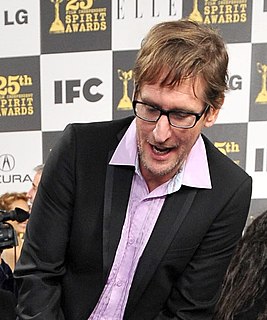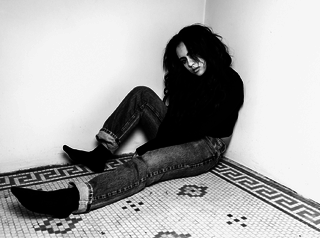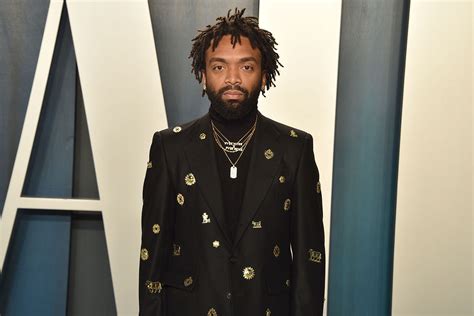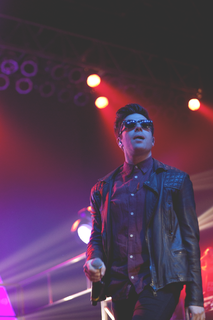A Quote by Chris Ware
I arrived at my way of "working" as a way of visually approximating what I feel the tone of fiction to be in prose versus the tone one might use to write biography; I would never do a biographical story using the deliberately synthetic way of cartooning I use to write fiction. I try to use the rules of typography to govern the way that I "draw," which keeps me at a sensible distance from the story as well as being a visual analog to the way we remember and conceptualize the world.
Related Quotes
Believing that war is contrary to the will of God and to common sense, and feeling that the way of peace is the way of love, I shall work for peace by using the way of love myself, by helping any group I am part of to use it, by helping the nation of which I am a citizen to use it, by helping the United Nations to use it, and by praying that the way of love be used all over the world.
Creative non-fiction is such a liberating genre because it allows the non-fiction writer, whether he or she be journalist or essayist, to use all of the techniques of the fiction writer and all of the ideas, creative approaches, that fiction writers get a chance to use, but they have to use it in a true story.
I write fiction longhand. That's not so much about rejecting technology as being unable to write fiction on a computer for some reason. I don't think I would write it on a typewriter either. I write in a very blind gut instinctive way. It just doesn't feel right. There's a physical connection. And then in nonfiction that's not the case at all. I can't even imagine writing nonfiction by hand.
For me, fiction belongs to my inner being, is something essential which defines me - I am a fiction writer in the same way I am a woman, the same way I am dark-haired - it is something essential and structural. It's like an exogenous skeleton that keeps me going. And I don't know how I would manage to live without writing, working with words.
Mythographer was suggested by the man who made my website, actually. I do write a lot about myth and I do feel it's a bit pompous to state it that way, but it does distinguish me from other writers. When it was first on the web, people began to use it in an ironical and satirical way. Now, however, people tend to use it straight.
You have to find the tone of the piece and modulate that. There are ways to indicate that - I try to incorporate the biggest range I can within the story, going from humorous to serious without it being jarring. That's the hardest part, to keep that balance. It requires being constantly aware of where you are in the story. You can't really do that in a movie: You can't slightly modulate the tone by the way the character's eyeballs look in one certain scene.
The thing to remember when you're writing," he said, " is, it's not whether or not what you put on paper is true. It's whether it wakes a truth in your reader. I don't care what literary device you might use, or belief systems you tap into--if you can make a story true for the reader, if you can give them a glimpse into another way of seeing the world, or another way that they can cope with their problems, then that story is a succes.
I use biography, I use literary connections (as with Platen - this seems to me extremely helpful for appreciating the nuances of Mann's and Aschenbach's sexuality), I use philosophical sources (but not in the way many Mann critics do, where the philosophical theses and concepts seem to be counters to be pushed around rather than ideas to be probed), and I use juxtapositions with other literary works (including Mann's other fiction) and with works of music.
In my shows, I always try to incorporate music because it's the most natural way to set a tone. So if I want to do a show about depression, I use the opera. If I want to do a show about greed, I use spoken word. If I want to do a show about the injustice that's taking place in the world, I might play Sam Cooke.








































